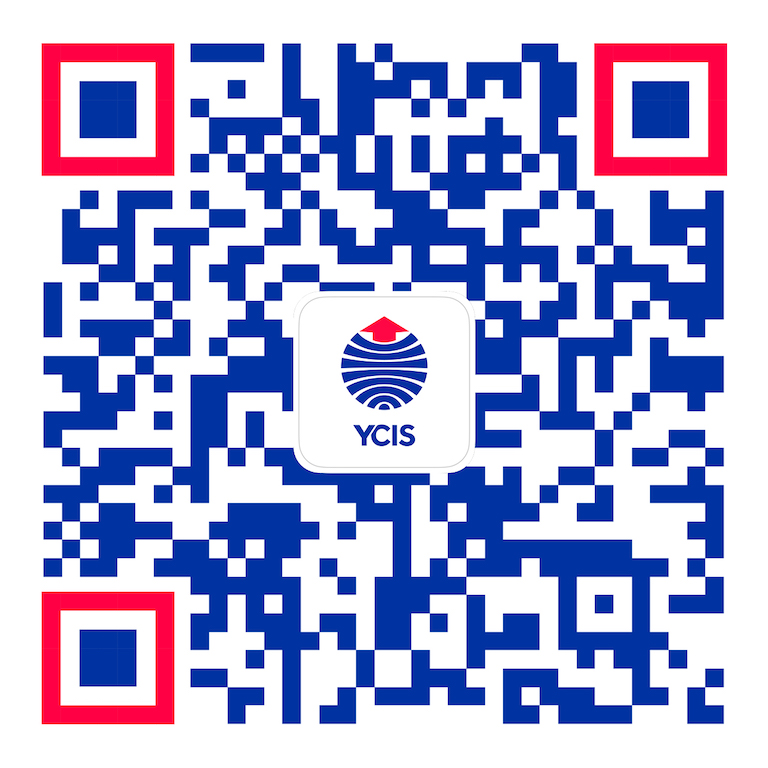Go Back
News
Press
【The Standard】The magic of child-led learning in the early years
Press
07 Jun, 2023
01 : 19
A child-led approach to learning maximizes young children's development and prepares them for future success, two Yew Chung International School educators share in the latest episode of The Standard's Education Talks.
Childhood is a time for the little ones to discover their passions, their talents and their unique baskets of interests; it's only apt that learning experiences driven by the children themselves and the ideas that they find fascinating will reap the most benefits in the long run. "A child-led education means that children take the initiative to learn based on where their interests take them. Through this unique way of teaching, we have witnessed increased motivation from the students and that they are able to dive deeper into their investigations," explains Terence Lo, Chinese Co-Principal of YCIS's Early Childhood Education.
In a departure from the rote learning model, this child-centred curriculum is so much more dynamic and robust. Amy-Leigh Hood, Western Co-Principal of YCIS's Early Childhood Education, says that child-led learning happens throughout the school day and that any interest can spark a new direction in classroom planning.
Curiosity about electricity and robots could lead a group of four-year-olds to a series of science experiments and role-plays, which then extends into social interactions with YCIS's secondary pupils, engagement in literacy and numerical skills and so on. "We can see that child-led play leads to holistic development through learning experiences that are authentic and meaningful across the school day." Hood notes
One feature that makes this emergent curriculum possible is the classroom design and organization. "All the indoor spaces of our Tseung Kwan O campus have been purposely designed to ensure they facilitate collaboration between different age levels and the skill-building that forms such a big part of our curriculum," Hood explains.
Lo concurs, saying that a thoughtfully curated campus facilitates socio-emotional developments: "For instance, there are dedicated spaces for community learning and furniture with varying heights to prompt children's interaction with those apart from their own age groups."
As children are encouraged to explore and investigate freely, teachers align intentional classroom experiences to support their learning and academic progress. *What we are looking at are deep observations of children through their plays - where they are in terms of linguistic, numeracy, socio-emotional and physical skills," Hood elaborates. "We track the developmental progress of each individual student. In other words, teachers are partnering with the children during those times to co-construct knowledge and learning."
Another strong aspect of the YCIS curriculum is the co-teaching model. Hood points out that, with each classroom being led by two co-teachers (Cantonese and English), they are able to demonstrate the power of multilingualism. Young children are exposed to various languages at school - they language-switch and build relationships with their classmates and teachers through meaningful plays and interactions." The sky's the limit when it comes to the possibilities for children's growth in an exciting emergent curriculum.








